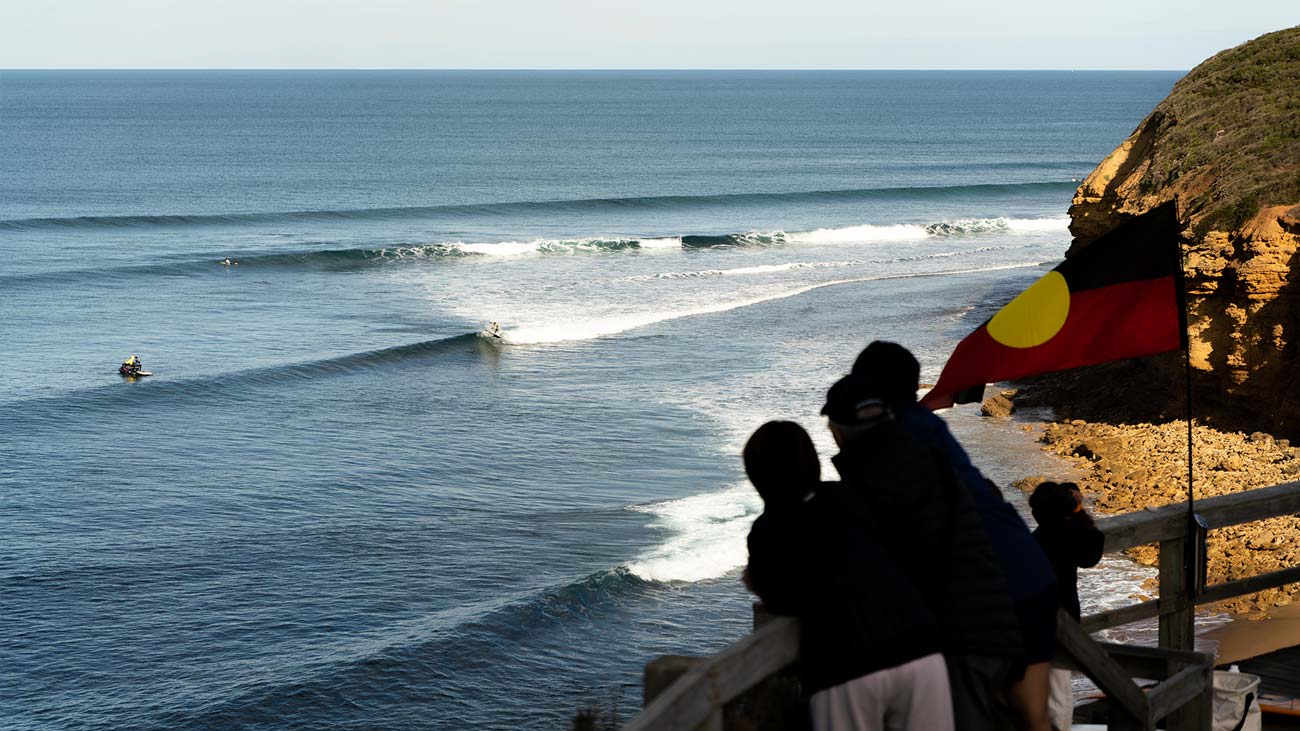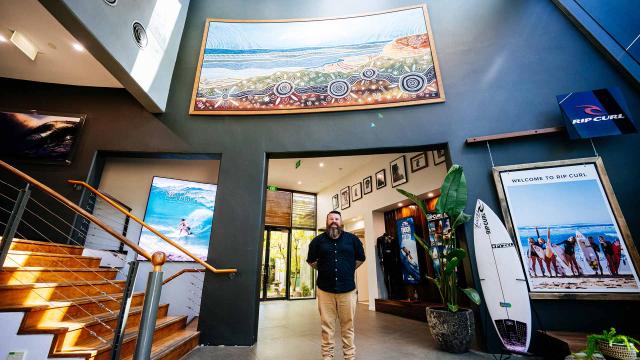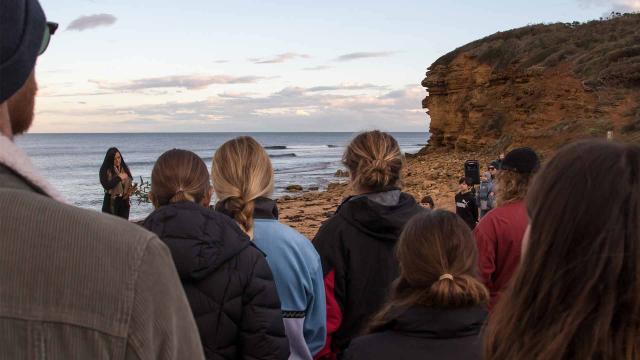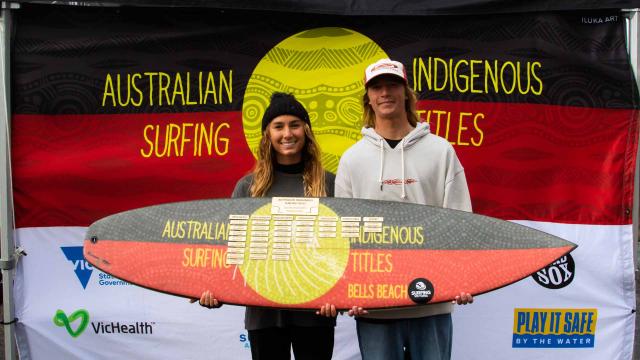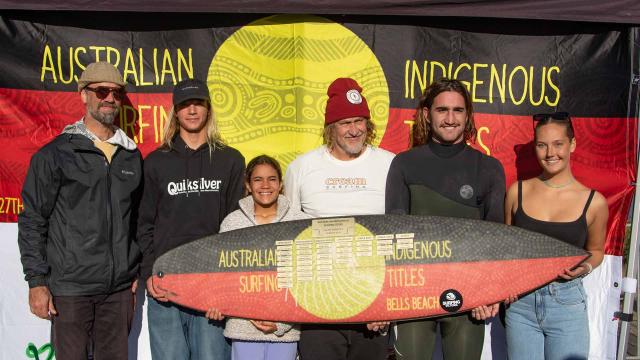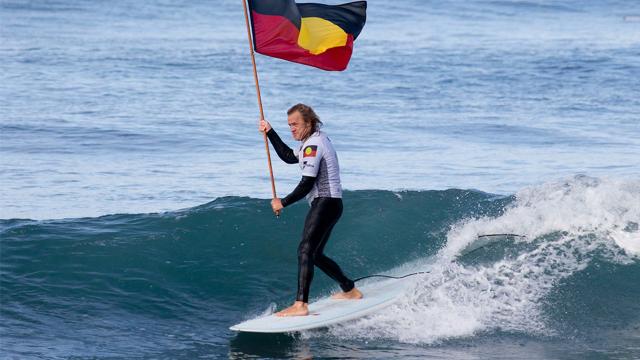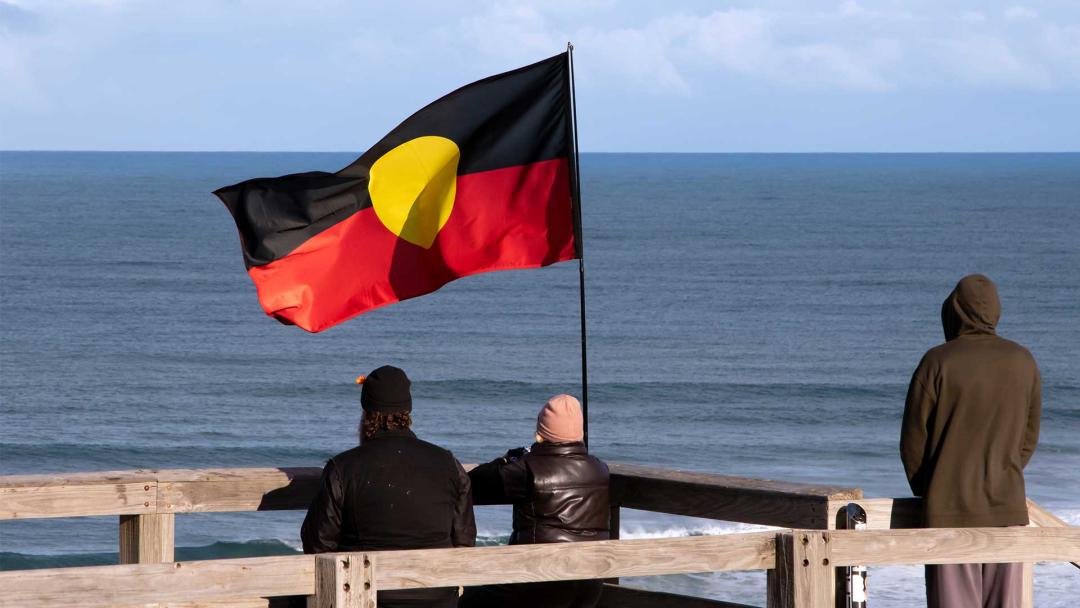

We Caught Up With Rip Curl Athletes Russ Molony, Finn Hill, Logan Steinwede and Kauri Heuston-Conner To Discuss National Reconciliation Week.
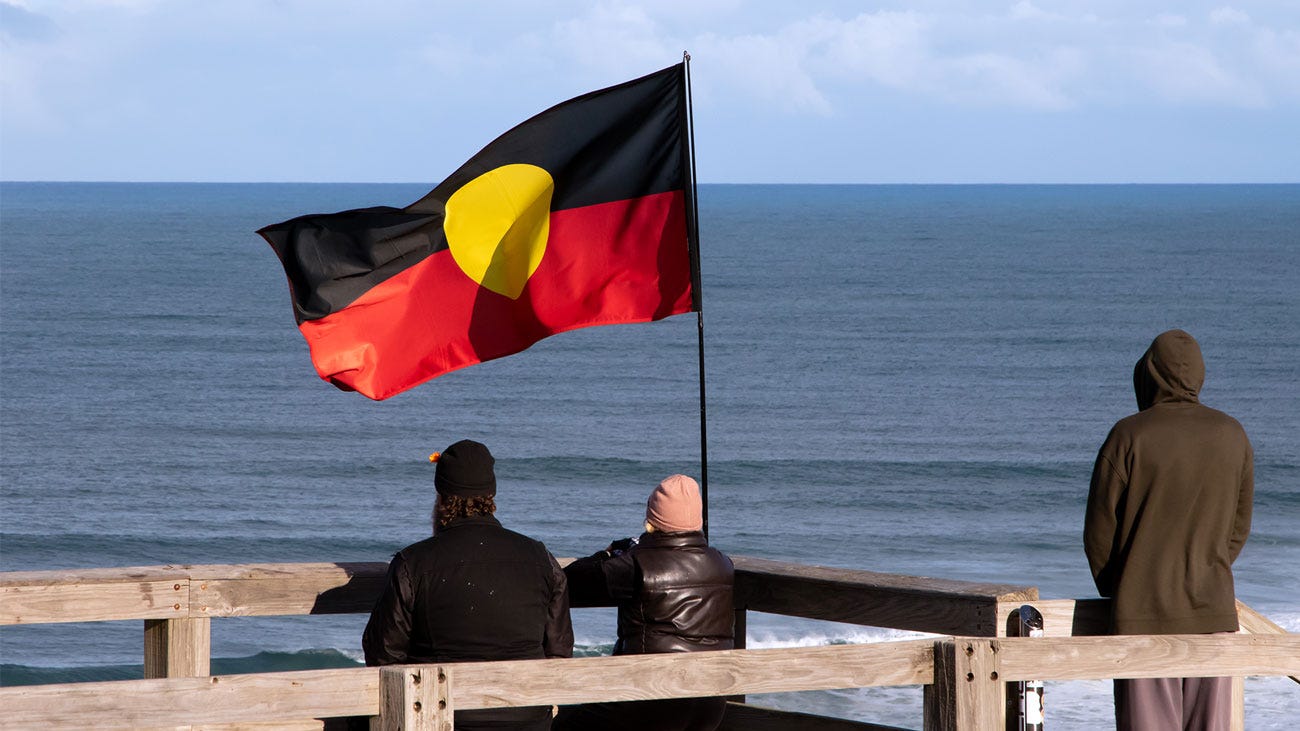

At Rip Curl we are committed to recognise and learn about National Reconciliation Week (NRW) as part of our journey to better understand the perspectives and challenges of First Nations peoples.
Recently, we had our Reconciliation Action Plan (RAP) get the official tick of approval from Reconciliation Australia. As part of this, we wanted to chat with some of our Rip Curl athletes attending the Australian Indigenous Surfing Titles to help get a more personal understanding of their views around National Reconciliation Week.
The Australian Indigenous Surfing Titles is an annual event held at Victoria’s Bells Beach/ Djarrak. Held in the reliable, wave-blessed season of late May, the event also runs into the beginning of NRW. This year the event hosted just under 100 competitors from around the country in pumping waves, so we caught up with four Rip Curl attending athletes to get their take on NRW.
The visiting athletes are Russ Molony (NSW), Finn Hill (NSW), Logan Steinwede (NSW) and Kauri Heuston-Connor (QLD).
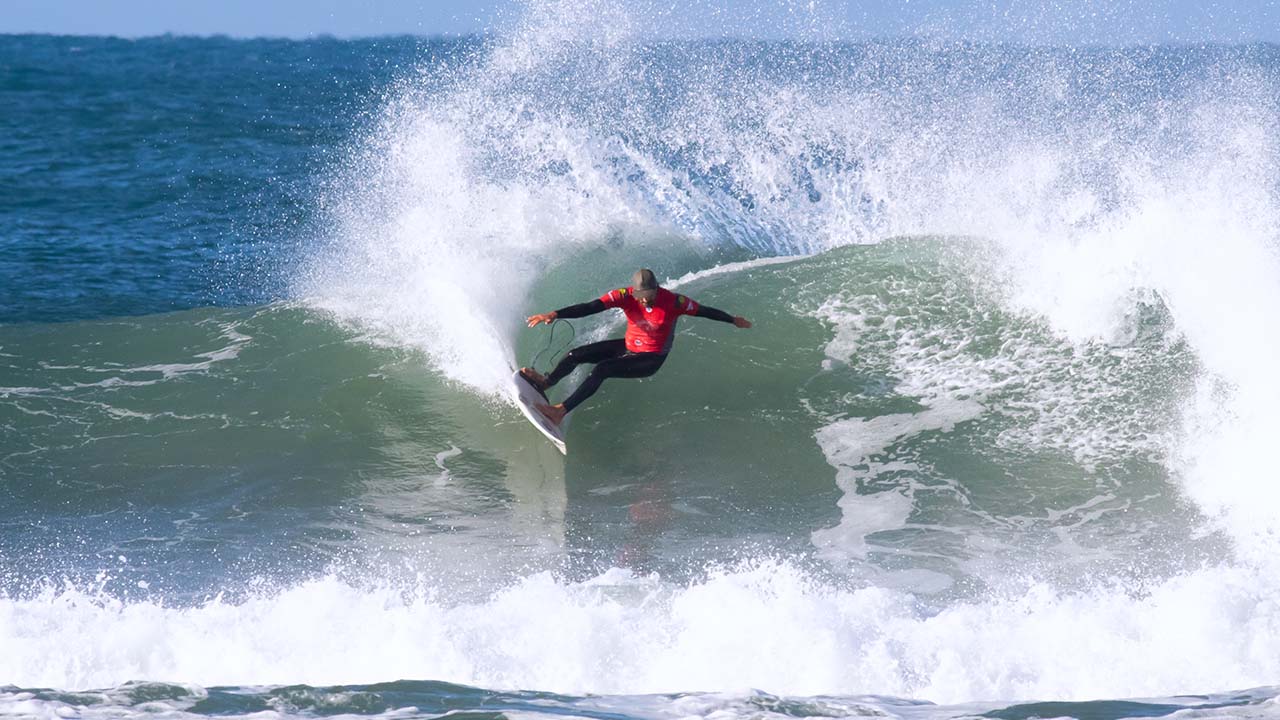

Russ Molony
Q: What does the National Reconciliation Week mean for you personally?
A: Reconciliation week to me is a time to reflect and remember what our elders went through.
Q: Is there anything you’d like all Australians to understand about NRW, from your perspective?
A: It would be great if all Australians could be made aware and understand the history of Aboriginal people.
Q: As an athlete, how would you like to celebrate NRW within your sport?
A: Being around other Indigenous athletes and families celebrating our culture but also being able to share and involve the wider community.
Q: As a Rip Curl athlete, how would you like to celebrate NRW with the crew at Rip Curl?
A: I feel just connecting with the crew, being able to share stories and ideas on how together we can continue to embrace and learn more about our culture.
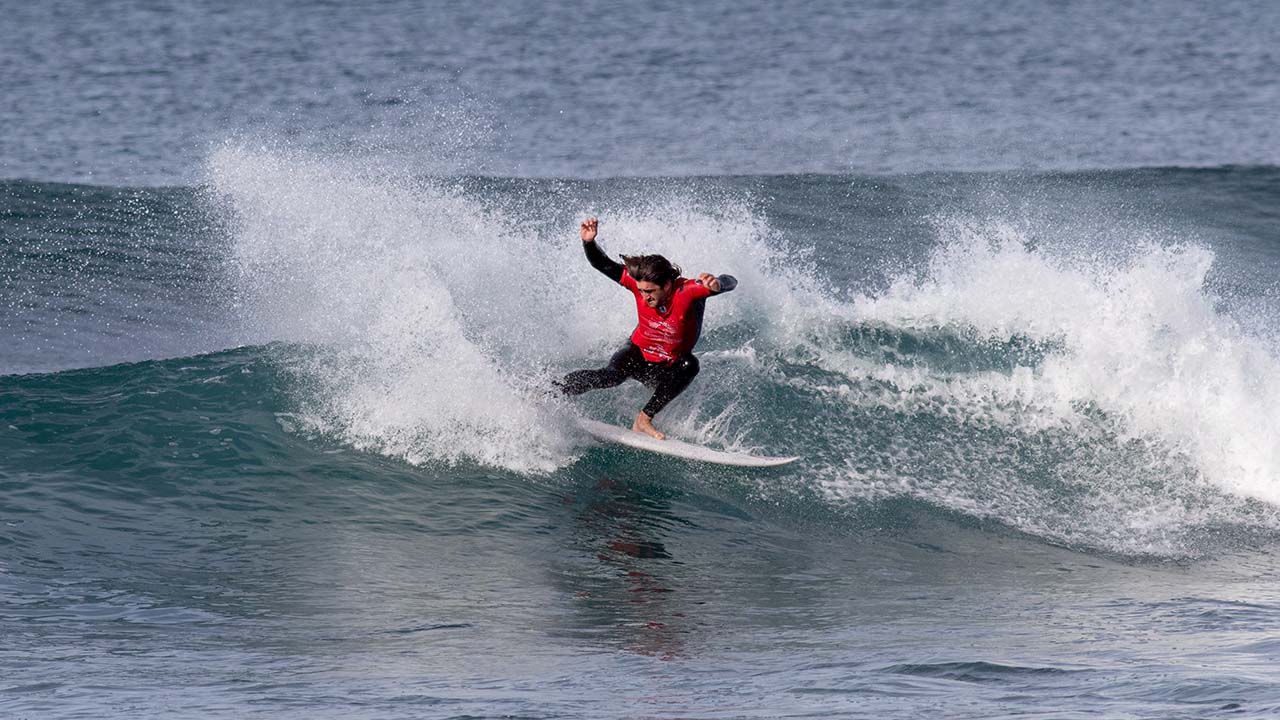

Finn Hill
A: For me, it’s just great to see more discussion and exposure about Indigenous culture in the mainstream.
Q: Is there anything you’d like all Australians to understand about NRW, from your perspective?
A: It’s good to feel a bit more respect shown towards indigenous culture, especially amongst people of my age.
Q: As an athlete, how would you like to celebrate NRW within your sport?
A: I love coming down here to Bells for the AIST and celebrating it that way, catching up and surfing with everyone in a place that’s special to me.
Q: As a Rip Curl athlete, how would you like to celebrate NRW with the crew at Rip Curl?
A: It’s been good to see the Rip Curl crew down at the event, and I’m stoked that they’re a major sponsor of the Australian Indigenous Surfing Titles.
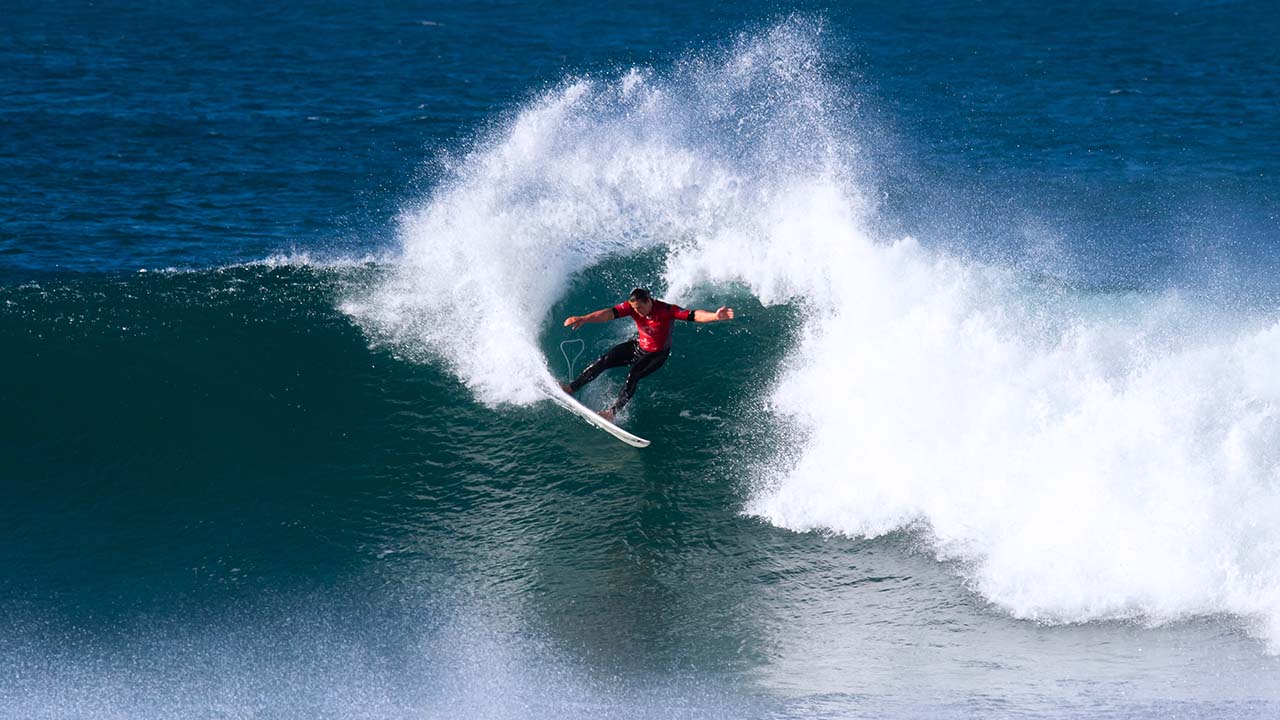

Logan Steinwede
Q: What does the National Reconciliation Week mean for you personally?
A: To me NRW doesn’t just allow me to celebrate our culture, but incorporates indigenous and non indigenous into learning, understanding and appreciating our culture. Which in turn educates all of us on our history and how NRW became what it is today.
Q: Is there anything you’d like all Australians to understand about NRW, from your perspective?
A: It's a positive, encouraging change. NRW gives a lot of room for opportunity and growth for everyone to cultivate an understanding of a rich heritage. Sharing this information is important to me, because it gives a depth and understanding that hasn’t been celebrated before.
Q: As an athlete, how would you like to celebrate NRW within your sport?
A: The AIST enables a celebration of not only culture and heritage, but also raises a level of awareness and appreciation that surfing is such a massive part of many aboriginal peoples lives. It highlights a connection with the ocean and the land.
Q: As a Rip Curl athlete, how would you like to celebrate NRW with the crew at Rip Curl?
A: Personally, Rip Curl just being a part of the AIST and being around like minded others that are excited to celebrate and participate is great to me
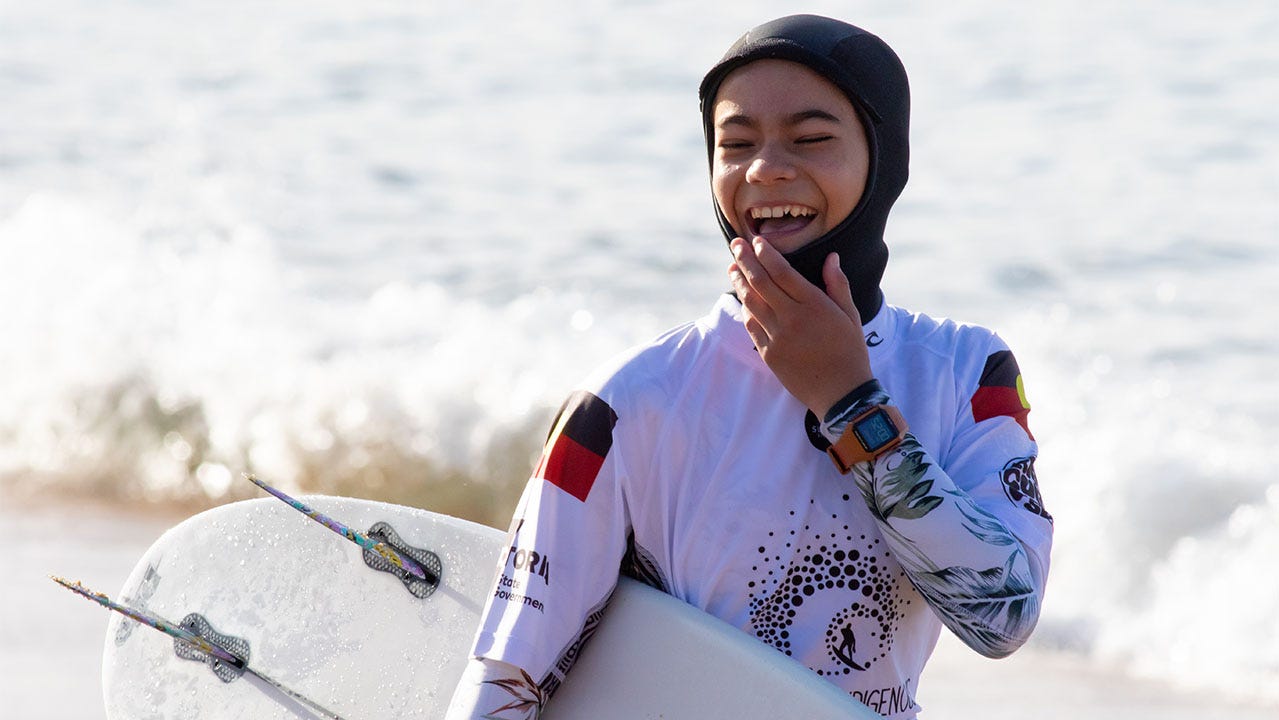

We want to thank the athletes for their insights and honesty. To round out our chat, the response from 13 year old Kauri Heuston-Connor sums up the feedback perfectly:
“Reconciliation week for me is a time where we can connect and teach non-indigenous people about our history since colonisation, and how we can work together to create a better Australia for all of us”.
* Rip Curl is proud to be a Certified B Corporation (B Corp) reflecting our commitment to balancing profit and our impact on people, planet and community. Receiving Reconciliation Australia's endorsement for our recent Reflect Reconciliation Action Plan (RAP) reinforces our commitment to meeting B Corp’s stringent standards for positive social and environmental impact.
